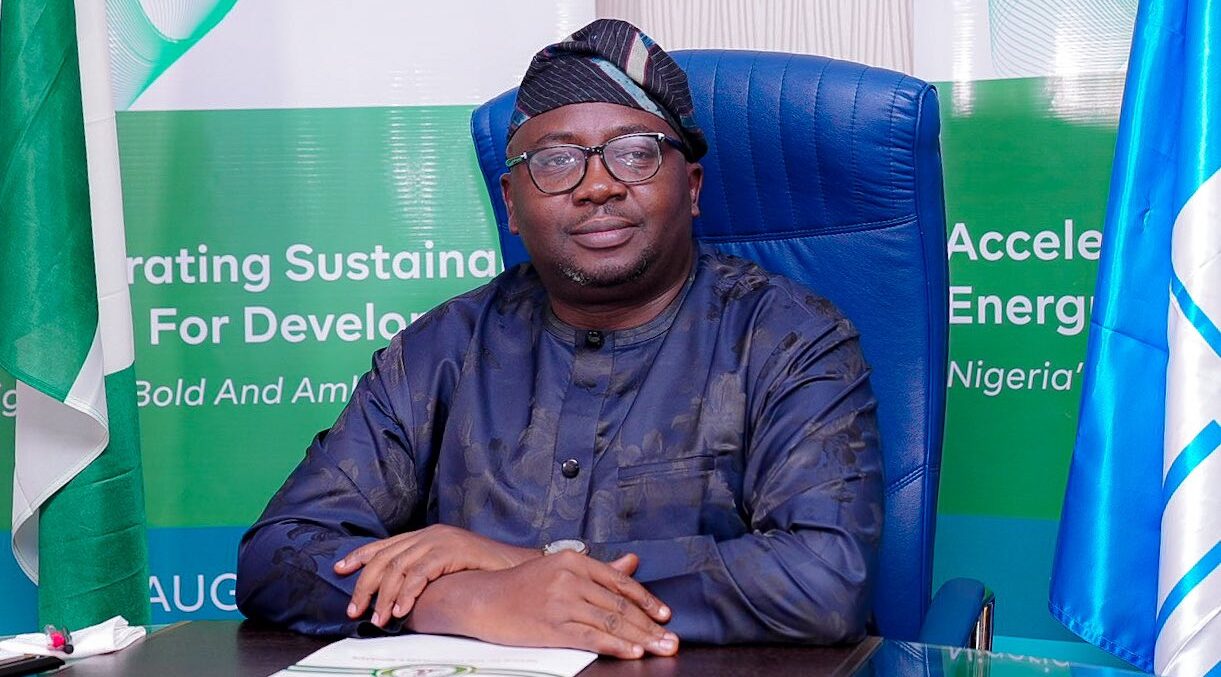FG Inks $328.8 Million Deal with China’s CMEC to Boost Nigeria’s Power Grid
April 9, 2025 – Abuja, Nigeria – The Federal Government of Nigeria has signed a landmark $328.8 million contract with China Machinery Engineering Corporation (CMEC) to overhaul the nation’s beleaguered power infrastructure, a move hailed as a critical step toward ending chronic electricity shortages. The agreement, formalized on Wednesday, April 8, falls under the Presidential Power Initiative (PPI) and targets the rehabilitation and expansion of transmission lines to deliver reliable electricity to millions of Nigerians.
Announced by Power Minister Adebayo Adelabu at a signing ceremony in Abuja, the deal entrusts CMEC with engineering, procurement, construction, and financing for Phase 1 of the PPI. The project focuses on upgrading 330kV and 132kV transmission lines, aiming to enhance grid efficiency and prevent stranded power capacity—where generated electricity can’t reach consumers due to weak infrastructure. “This is a tangible demonstration of President Bola Tinubu’s commitment to stable power for all,” Adelabu said, flanked by CMEC and FGN Power Company officials. “We’re building a 21st-century-ready power sector.”
CMEC, a subsidiary of the state-owned Sinomach group, brings decades of global expertise in power projects, from Turkey to Sri Lanka. Vice President of Sinomach, Li Xiaoyu, called the partnership a “significant contribution” to Nigeria’s energy landscape, pledging timely delivery. The FGN Power Company, a special-purpose vehicle under the PPI, will oversee execution, with Managing Director Kenny Anuwe emphasizing the need to modernize transmission to match generation investments. “This backbone upgrade ensures power gets where it’s needed,” he noted.
The $328.8 million contract—roughly ₦540 billion at current rates—dovetails with Nigeria’s broader collaboration with China, including a recent $1.2 billion gas plant deal and the Siemens-led PPI launched under ex-President Muhammadu Buhari. While Siemens tackles generation and high-voltage gear, CMEC’s role centers on transmission line rehabilitation, creating a complementary push to fix Nigeria’s power value chain. Adelabu urged both teams to maintain momentum, citing past delays that have plagued similar initiatives.
For a country where over 85 million lack reliable electricity—per World Bank data—and businesses lean on costly generators, the stakes are high. The project promises economic ripple effects: job creation, industrial growth, and improved quality of life. Yet, skepticism lingers. Nigeria’s history of stalled infrastructure projects and CMEC’s mixed record—like the delayed Omotosho Power Plant sale in 2013—raise questions about execution. Posts on X reflect cautious optimism, with users praising the intent but demanding transparency on timelines and costs.
As Trump’s U.S. tariffs roil global trade, Nigeria’s pivot to Chinese financing—often at low rates like the 3% typical of Exim Bank loans—underscores a strategic shift. With power demand outstripping supply by thousands of megawatts, this deal could light the way—or flicker out like so many before it. For now, all eyes are on CMEC and the FG to deliver.
